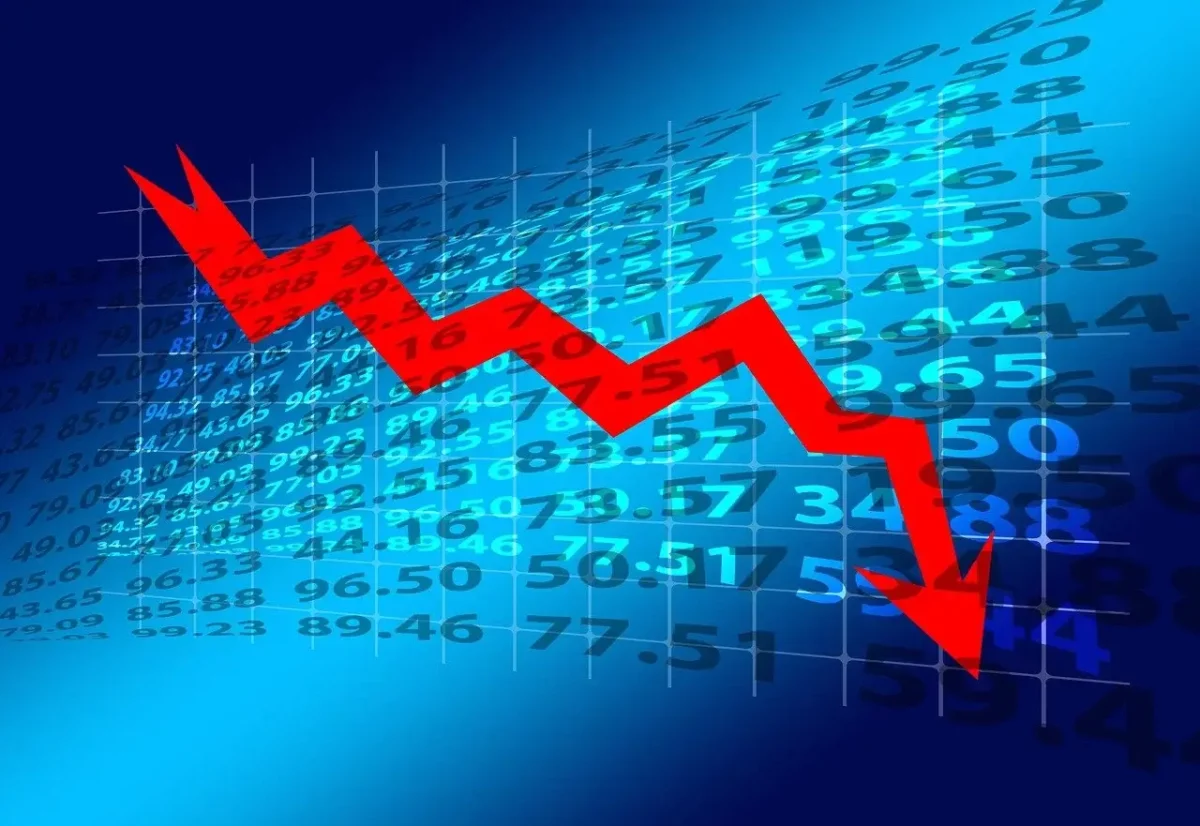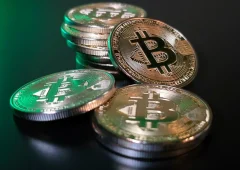Wall Street Giants Warn of Rising Recession Risks as Economic Uncertainty Grows
16.03.2025 19:00 1 min. read Alexander Stefanov
U.S. recession fears have heightened as two major financial institutions warn of escalating economic risks linked to the current policy environment.
JPMorgan Chase has raised its probability of an economic downturn, now forecasting a 40% chance for 2025, up from an earlier 30%. The bank attributes the increased risk to the unpredictable nature of U.S. trade and fiscal policies, particularly President Trump’s ongoing trade conflicts with key global partners.
Similarly, Goldman Sachs has adjusted its own forecast, now predicting a 20% likelihood of a recession over the next 12 months. This revision follows persistent concerns over the effects of Trump’s economic agenda, which has caused growing uncertainty in global markets.
Both banks cite the instability induced by current U.S. policies as a major factor contributing to their bleak outlook.
In addition, Jeffrey Gundlach, known as the “Bond King,” has issued a warning about the potential long-term impacts of capital shifts from the U.S. to Europe.
Gundlach suggests that Europe’s industrial revival could spark significant capital outflows from the U.S., reversing the trend that has seen American markets outperform global indices for years. He predicts that European equities might outperform U.S. stocks for an extended period, with early signs of this trend already appearing.
-
1
Robert Kiyosaki Predicts 2025 “Super-Crash,” Urges Hoarding Gold, Silver, and Bitcoin
23.06.2025 13:31 2 min. read -
2
Billionaire Slams Meme Stock Hype and Sounds Alarm on U.S. Fiscal Health
15.06.2025 18:00 2 min. read -
3
Billionaire Investor Sees Dollar Crash If Key Support Breaks
18.06.2025 15:00 1 min. read -
4
Nassim Taleb Says Global Trust Is Shifting from the Dollar to Gold
22.06.2025 17:00 1 min. read -
5
Geopolitical Shockwaves Hit Ethereum Hard While Bitcoin Stays Resilient
22.06.2025 16:21 1 min. read
Robert Kiyosaki Predicts When The Price of Silver Will Explode
Robert Kiyosaki, author of Rich Dad Poor Dad, has issued a bold prediction on silver, calling it the “best asymmetric buy” currently available.
U.S. PCE Inflation Rises for First Time Since February, Fed Rate Cut Likely Delayed
Fresh data on Personal Consumption Expenditures (PCE) — the Federal Reserve’s preferred inflation gauge — shows inflation ticked higher in May, potentially delaying the long-awaited Fed rate cut into September or later.
Trump Targets Powell as Fed Holds Rates: Who Could Replace Him?
Federal Reserve Chair Jerome Powell is once again under fire, this time facing renewed criticism from Donald Trump over the Fed’s decision to hold interest rates steady in June.
U.S. National Debt Surge Could Trigger a Major Crisis, Says Ray Dalio
Billionaire investor Ray Dalio has sounded the alarm over America’s soaring national debt, warning of a looming economic crisis if no action is taken.
-
1
Robert Kiyosaki Predicts 2025 “Super-Crash,” Urges Hoarding Gold, Silver, and Bitcoin
23.06.2025 13:31 2 min. read -
2
Billionaire Slams Meme Stock Hype and Sounds Alarm on U.S. Fiscal Health
15.06.2025 18:00 2 min. read -
3
Billionaire Investor Sees Dollar Crash If Key Support Breaks
18.06.2025 15:00 1 min. read -
4
Nassim Taleb Says Global Trust Is Shifting from the Dollar to Gold
22.06.2025 17:00 1 min. read -
5
Geopolitical Shockwaves Hit Ethereum Hard While Bitcoin Stays Resilient
22.06.2025 16:21 1 min. read


